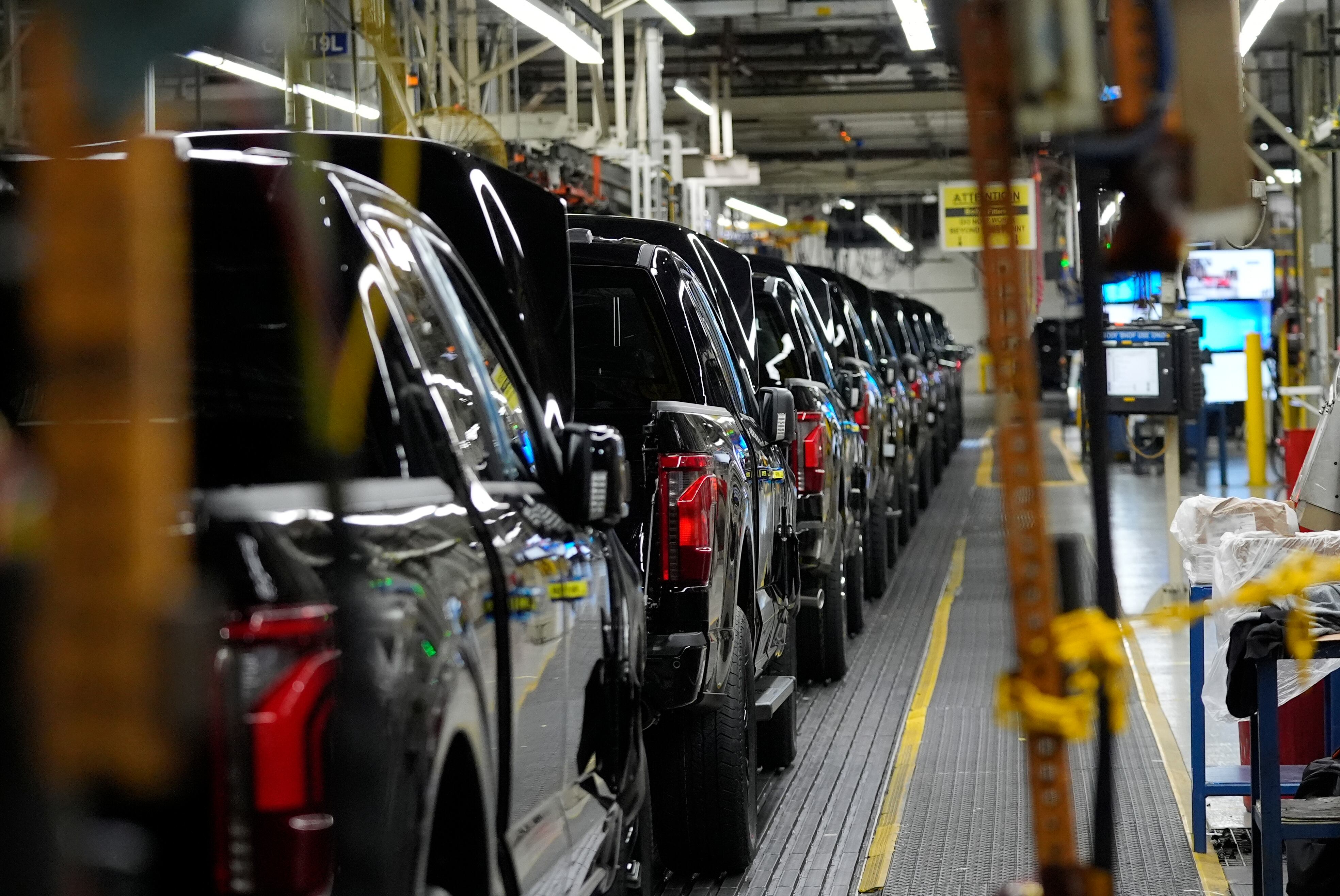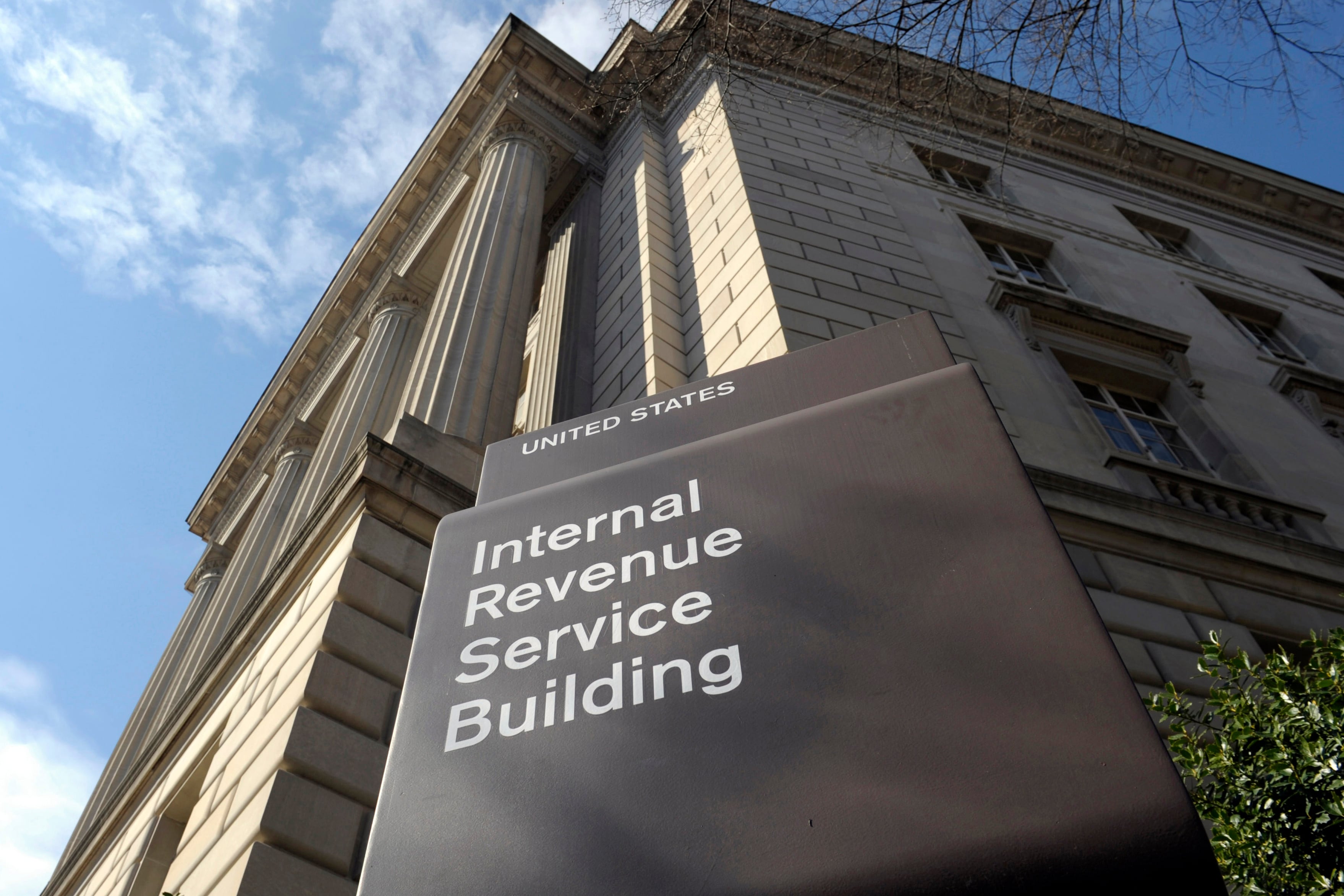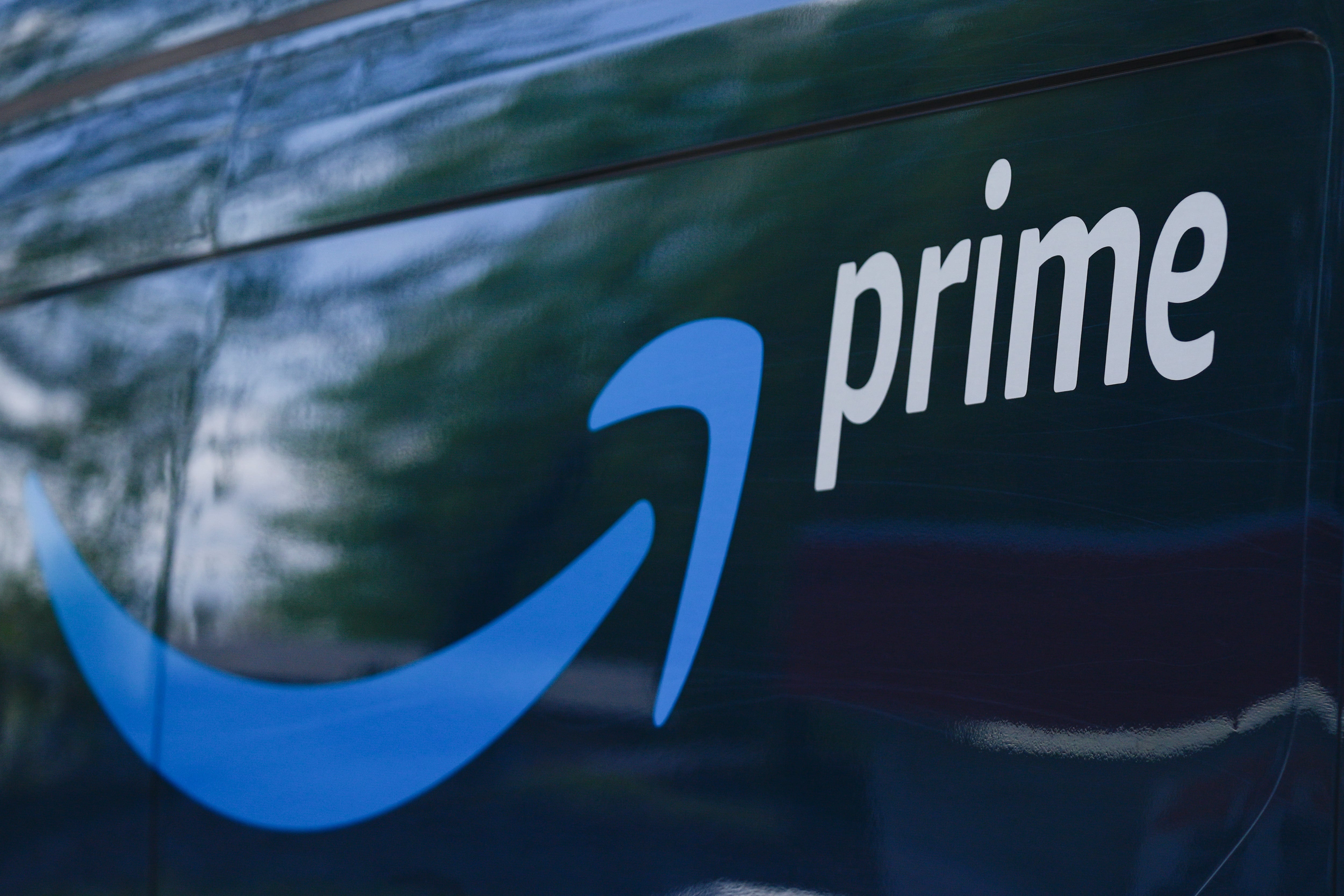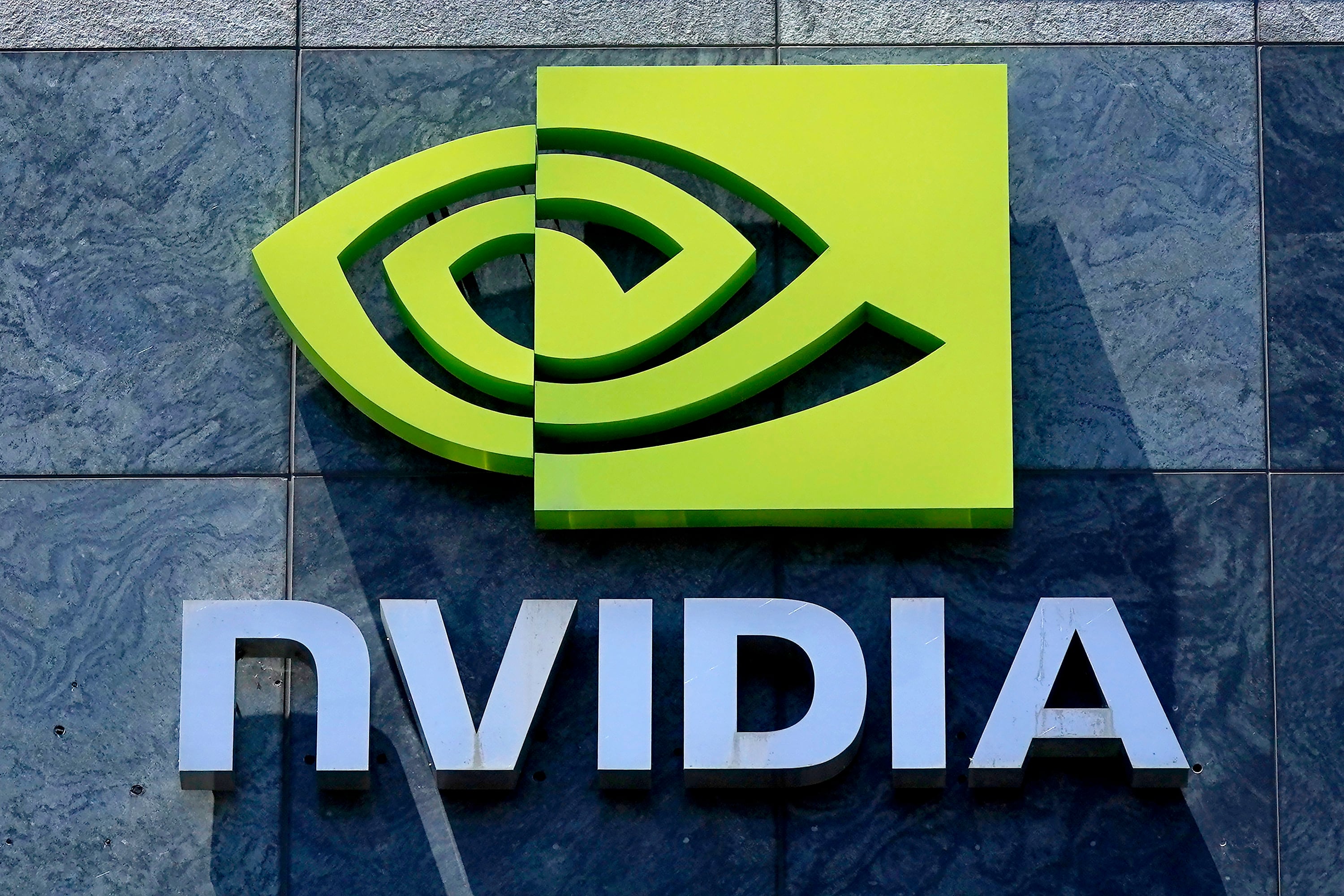*By Carlo Versano* The issue of food waste has the distinction of being a massive sustainability problem, the solution to a worldwide humanitarian crisis, and a dilemma that is eminently fixable. As part of Cheddar's The Future of Food special report, we spoke to two companies at the opposite end of the spectrum ー one a huge multinational conglomerate, the other a Philadelphia-based start-up ー trying to innovate their way out of a $1 trillion problem. Misfits Market is a meal delivery kit that ships "ugly" produce to your door for up to 50 percent less than what you'd pay at the grocery store. CEO Abhi Ramesh conceived the idea after hearing the statistics about food waste in America: 100 billion pounds a year, or about 1.5 pounds per person per day, gets tossed, adding up to $1 trillion in waste. "The numbers are staggering," he told Cheddar. His idea? Buy up the ugly, misshapen, aesthetically unpleasant produce that isn't being sold on store shelves, and ship it to people's doorsteps. For $19 a week, Misfits will send you a box of veggies that will feed two people for a week; $34 a week will feed a family of four or five. "We have these stringent beauty standards when it comes to food and produce," Ramesh said. But in most cases, just because a carrot is too fat or a pear is discolored, doesn't mean there is anything actually wrong with them. Misfits Market leverages social media ー what's most Instagrammable than a really weird looking squash? ー to spread its message around in shareable bits, and uses biodegradable packaging to ship its boxes (right now only in the Northeast, but soon to expand, Ramesh said). Decreasing our personal food waste is "probably the most important thing that we as consumers, day-to-day, can do," Ramesh said. At scale, the issue is more complex. That's why Anheuser-Busch InBev ($BUD), the world's largest brewer, sought help from the outside when it launched its 100+ Accelerator earlier this year to help it become more sustainable in four areas: water use, agricultural technology, packaging, and renewable energy. Maisie Devine, the accelerator's director, told Cheddar that AB Inbev considers issues of environmental impact as core to its business, but that it wanted to solicit ideas from outside the company to help it come up with actionable plans to achieve its 2025 sustainability goals. "Sustainability is our business," she said. "Collective action here is key." The company chose 21 ideas from a pool of over 600 applications, all tied to the four sectors it identified as critical to its business. Those ideas include ways to turn the byproducts of the brewing process, like grain and yeast, into plant-based proteins and baking flour, and at least one concept to make its packaging edible. Whether or not we're eating our beer cans in the immediate future, the commitment to tackling waste in the food industry is coming from both the top level, at companies like AB Inbev, and from upstart disruptors, like Misfits Market. It signals a new reality: future food businesses need a sustainability roadmap. For full interview [click here](https://cheddar.com/videos/misfits-market-brings-ugly-produce-to-your-door-for-less).












